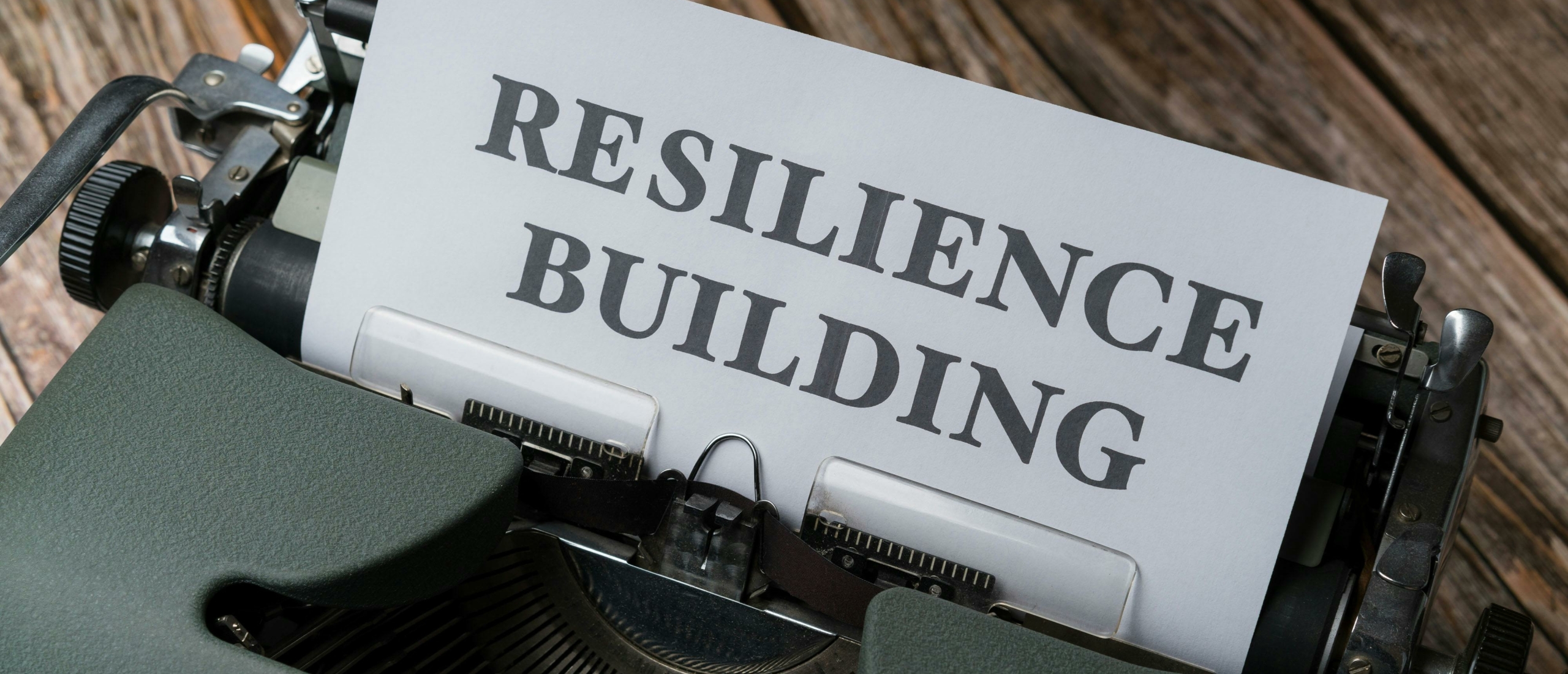
Recognizing stress in others isn’t always easy — especially at work. Many people hide their tension behind professionalism or routine. Yet small emotional, behavioral, or cognitive changes can reveal a lot. This article explains how to recognize stress at work, identify early warning signs in colleagues or employees, and respond with empathy before it turns into burnout.
What Does Stress Look Like at Work?
Stress at work can be recognized through consistent changes in mood, behavior, and thinking.
Unlike physical stress in your own body, these cues appear in how someone acts, communicates, and copes with daily demands.
Key takeaway: The earlier you notice these patterns, the easier it becomes to offer help and prevent chronic stress.
1. Physical and Physiological Clues
Some physical signs of stress — like a racing heart or muscle tension — are invisible to others. Still, a few outward clues can raise concern:
- Excessive sweating or restlessness during meetings
- Changes in eating habits (overeating snacks, or loss of appetite)
- Smoking or drinking more than usual
- Complaints about headaches, sleep loss, or fatigue
These behaviors reflect the effects of adrenaline and cortisol, the body’s main stress hormones. Over time, they can trigger unhealthy coping habits and reduce overall wellbeing.
If a coworker appears to be losing weight, skipping lunch, or mentioning sleep problems, it may be more than just a busy period — it could signal overload.
2. Emotional and Behavioral Changes
Stress affects brain circuits that regulate emotion and impulse control, often showing up as changes in mood and social behavior. Look out for:
- Irritability, anger, or emotional outbursts
- Anxiety, restlessness, or persistent worry
- Frustration and feeling overwhelmed
- A sudden loss of humor or enthusiasm
- Withdrawal from conversations or team events
- Decline in motivation or self-confidence
In the workplace, these changes might appear as missed deadlines, defensive reactions to feedback, or reluctance to take on new tasks.
Key takeaway: When someone’s attitude shifts noticeably, it’s often their nervous system — not their personality — reacting to prolonged stress.
3. Cognitive Signs of Stress at Work
Stress also narrows the brain’s focus. Under calm conditions, people can process about seven pieces of information at once. Under stress, that number drops to three.
Typical cognitive signs include:
- Difficulty concentrating or following discussions
- Forgetting tasks or meeting details
- Indecisiveness and reduced problem-solving ability
- Tunnel vision — focusing only on the most urgent issues
If a colleague forgets agreed-upon actions or appears absent-minded, avoid assuming carelessness. They might be under cognitive pressure that limits attention and memory.
4. How to Talk About Stress With a Colleague
Starting a conversation about stress can feel awkward, especially if the person seems private or proud of their resilience. Yet a short, caring conversation can make a big difference.
Use open, non-judgmental questions:
- “How have you been feeling lately?”
- “Are you okay? I’ve noticed you seem a bit quieter than usual.”
Speak from your own perspective with “I” statements to avoid sounding accusatory:
“I’ve noticed you’ve seemed more tense lately, and I wanted to check in.”
If appropriate, gently suggest small actions:
- Taking a walk or short break
- Discussing workload adjustments with a manager
- Reconnecting with supportive colleagues or enjoyable activities
Tip: You don’t have to fix their stress — simply acknowledging it helps reduce isolation and shame.
5. The ABC Method: A Professional Framework
Professionals often use the ABC method to assess stress across three domains — Affective, Behavioral, and Cognitive. It’s simple and works equally well in everyday workplaces.
A = Affective (Emotions)
Ask questions that uncover emotional causes of stress:
- “When do you feel most overwhelmed?”
- “What situations make work particularly difficult?”
B = Behavior
Observe new or unusual behaviors such as irritability, withdrawal, or excessive reassurance seeking.
Use “I” messages to describe what you see:
“I’ve noticed you’ve stopped joining our coffee breaks lately.”
C = Cognition
Notice thinking-related changes — indecision, forgetfulness, or perfectionism.
Kindly pointing them out can open the door to a deeper conversation.
By combining these three perspectives, you get a clearer picture of someone’s stress level.
One symptom alone doesn’t prove stress, but patterns across emotion, behavior, and thinking tell a consistent story.
6. How Managers Can Recognize Stress in Employees
Managers are often the first to notice when an employee’s behavior changes — but the last to act, fearing they might intrude.
Recognizing workplace stress early protects both performance and wellbeing.
Look for:
- Rising absenteeism or presenteeism (showing up but under-functioning)
- More mistakes or slower work pace
- Isolation or tension in meetings
Emotional exhaustion at the end of the week
Encourage open discussion, offer realistic adjustments, and model balanced behavior yourself. Employees mirror their leaders’ stress responses more than they realize.
FAQ
What are the first signs of stress at work?
Early signs include irritability, forgetfulness, changes in sleep or eating habits, and withdrawal from social contact.
How can a manager recognize stress in employees?
Watch for shifts in communication, productivity, and engagement. A previously proactive person becoming quiet or indecisive is often an early clue.
What’s the best way to support a stressed coworker?
Listen without judgment, express concern using “I” statements, and encourage professional or managerial support when needed.
Be the One Who Notices
Stress is often invisible — but you can be the person who notices it. By paying attention to emotional, behavioral, and cognitive changes, you help create a culture of care and prevention at work.
If you want to understand stress in yourself and others — and prevent it from becoming chronic — explore our science-based course Surmounting Stress or the StressInsight Assistant for practical, personalized guidance.
Disclaimer
This article is for informational purposes only. For medical or psychological advice, consult a qualified professional.










